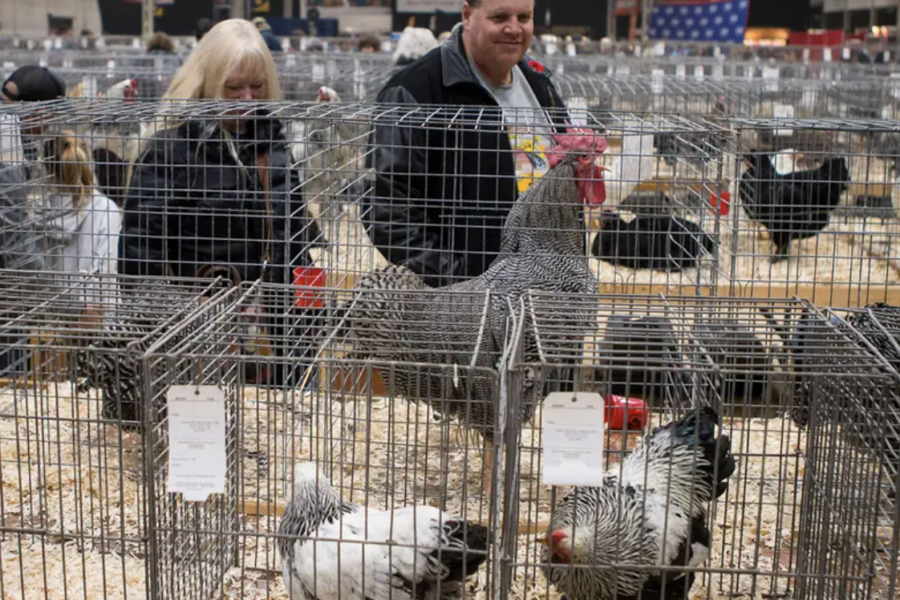Category: Clinical Considerations
COVID-19 took a toll on heart health and doctors are still grappling with how to help
AP Firefighter and paramedic Mike Camilleri once had no trouble hauling heavy gear up ladders. Now battling long COVID, he gingerly steps onto a treadmill to learn how his heart handles a simple walk. “This is, like, not a tough-guy test so don’t fake it,” warned Beth Hughes, a physical therapist at Washington University in […]
Sep 5, 2023
Covid Can Leave People Vulnerable To New Health Problems 2 Years Later
Science SARS-CoV-2’s public health impact is worse than that of heart disease or cancer, study claims; others say the work may overestimate harm for the general population Three-and-a-half years since SARS-CoV-2 spread around the world, scientists are still documenting the virus’ myriad effects on human health. What’s clear already is that those effects can continue […]
Aug 22, 2023
SARS-CoV-2 can cause lasting damage to cells’ energy production
NIH At the beginning of the COVID-19 pandemic, the virus responsible for the disease, SARS-CoV-2, was feared for its devastating damage to the lungs. But it quickly became apparent that the virus can infect organs and tissues throughout the body, including the heart, brain, kidneys, and blood vessels. Much of the resulting dysfunction was thought […]
Aug 22, 2023
Study Reveals COVID-19 May Trigger New-onset Hypertension
Dicardiology.com A new study in the AHA journal Hypertension finds SARS-CoV-2 infection is significantly associated with the development of high blood pressure in adults with preexisting heart conditions or those who were older, black or male. An analysis of electronic medical records for more than 45,000 people found that COVID-19 infection was significantly associated with the development […]
Aug 22, 2023
Delayed Period After COVID Shot? It’s the Same With COVID-19 Infection
MedPageToday Having COVID-19 was linked to a slight, temporary change in menstrual cycle length similar to changes seen after COVID-19 vaccination, according to a study of self-reported data from a menstrual tracking app. People who experienced COVID-19 had a 1.45-day adjusted increase in cycle length during COVID-19 infection compared with the three cycles before infection […]
Aug 15, 2023
‘Blue Legs’ Yet Another Long COVID Symptom?
MedPageToday The 33-year-old man told doctors that for the past 6 months, his legs would feel progressively heavy, tingly, and itchy, and then would become “dusky” in color, according to medical student Nafi Iftekhar and Manoj Sivan, MD, of the Leeds Institute of Rheumatic and Musculoskeletal Medicine at the University of Leeds in England. In […]
Aug 15, 2023

Loss of smell or taste was once a telltale sign of COVID. Not anymore.
CBS News Once a hallmark sign of many COVID-19 cases — sometimes more reliable than even flu-like symptoms at sniffing out people infected by the virus early in the pandemic — was the sudden loss of smell and taste. But growing research suggests this symptom has become far less common, with only a small fraction of new […]
Aug 8, 2023
NIH Opens Phase II Clinical Trials on Four Potential Treatments for Long COVID
Inside Precision Medicine On Monday, the National Institutes of Health (NIH) announced that it opened phase II clinical trials on four potential treatments for long COVID spanning drugs, medical devices, biologics, and other therapies. The trials are a part of the NIH’s Researching COVID to Enhance Recovery (RECOVER) Initiative, a $1.5 billion research program launched in 2021 to […]
Aug 1, 2023
Arthritis and Long COVID: A Double Whammy
MedPageToday Worse pain and less functional ability with lingering virus symptoms, patients say. “Long COVID” lays a particularly heavy burden on people with pre-existing arthritis, a Canadian survey study indicated. Worsened pain and greater functional limitations relative to their status prior to COVID-19 infection were reported by most individuals in Laval, Quebec, who had some […]
Jul 25, 2023
Long COVID—unravelling a complex condition
The Lancet Long COVID is an overarching term that was originally coined by patients and is widely used to describe ongoing symptoms after the acute phase of COVID-19, including both short-term symptoms (4–12 weeks) and longer-term sequelae (beyond 12 weeks). The term post-COVID-19 condition, developed by WHO, describes the continuation or development of new symptoms […]
Jul 18, 2023